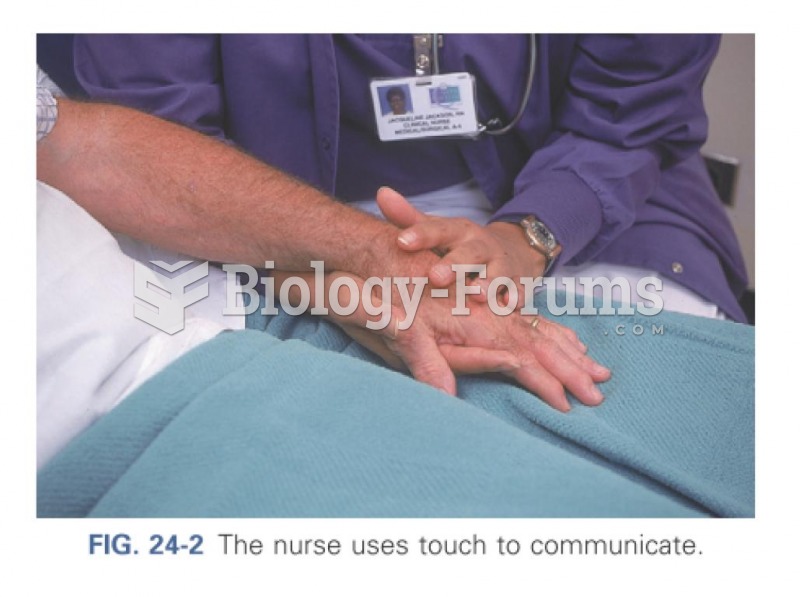|
|
|
The effects of organophosphate poisoning are referred to by using the abbreviations “SLUD” or “SLUDGE,” It stands for: salivation, lacrimation, urination, defecation, GI upset, and emesis.
There are major differences in the metabolism of morphine and the illegal drug heroin. Morphine mostly produces its CNS effects through m-receptors, and at k- and d-receptors. Heroin has a slight affinity for opiate receptors. Most of its actions are due to metabolism to active metabolites (6-acetylmorphine, morphine, and morphine-6-glucuronide).
Since 1988, the CDC has reported a 99% reduction in bacterial meningitis caused by Haemophilus influenzae, due to the introduction of the vaccine against it.
Cytomegalovirus affects nearly the same amount of newborns every year as Down syndrome.
About 60% of newborn infants in the United States are jaundiced; that is, they look yellow. Kernicterus is a form of brain damage caused by excessive jaundice. When babies begin to be affected by excessive jaundice and begin to have brain damage, they become excessively lethargic.
 Effleurage to entire arm to reconnect and transition to the chest. Apply effleurage with moderate ...
Effleurage to entire arm to reconnect and transition to the chest. Apply effleurage with moderate ...
 Standing at the side and facing the head, apply shingles effleurage to paraspinal muscles of the ...
Standing at the side and facing the head, apply shingles effleurage to paraspinal muscles of the ...





